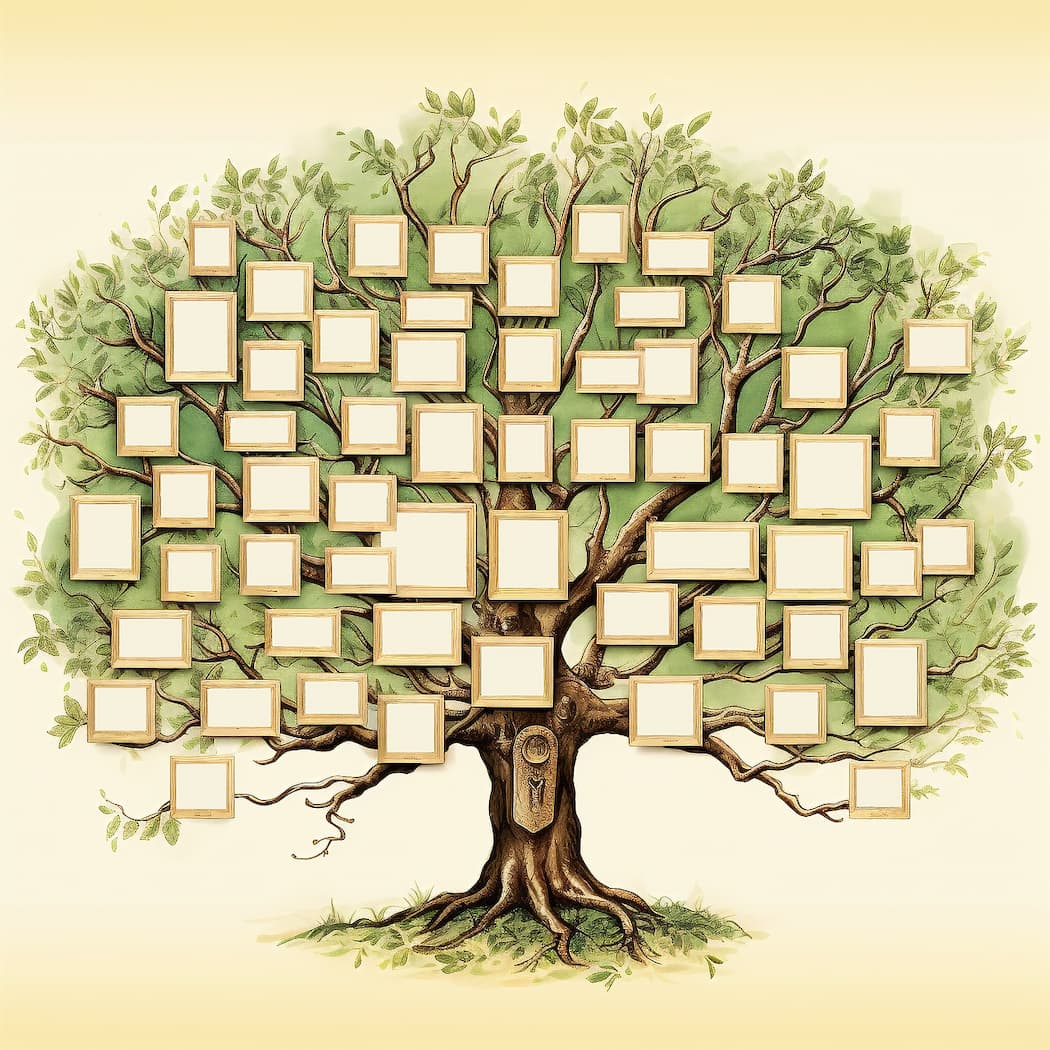This is the genealogy of Jesus the Messiah the son of David, the son of Abraham: Abraham was the father of Isaac, Isaac the father of Jacob, Jacob the father of Judah and his brothers, Judah the father of Perez and Zerah, whose mother was Tamar, Perez the father of Hezron, Hezron the father of Ram, Ram the father of Amminadab, Amminadab the father of Nahshon, Nahshon the father of Salmon, Salmon the father of Boaz, whose mother was Rahab, Boaz the father of Obed, whose mother was Ruth, Obed the father of Jesse, and Jesse the father of King David.
The book of Matthew starts out with a genealogy of Jesus. This shows his family tree, his heritage back to Abraham.
What does this tell me, that this book started with Jesus’ genealogy? It tells me it was very important in Jewish culture and in many parts of the world. I think of a genealogy back then as comparable to the modern day resume. A lot of credibility and stock was placed in a person who was known to be of a good family.
We see this come up also later in Jesus’ ministry, when people name his assumed birthplace, Nazareth, as a place where nothing good comes from. When they were thinking of Nazareth, they were thinking about the family lines of the people there. So therefore family line was a major factor in the credibility of a person back then.
So to the text — here we see from the summary statement, the author is connecting Jesus to two of the most faithful and powerful patriarchs of the Jewish race, Abraham and David. Why does he do this? He does this because it matters to the listeners. He is not only a major player in Jewish history, he is the Messiah! He also wants to show them that Jesus followed the prophecies that he would be in the Davidic line. And it matters for a few other reasons that are set up here to be reinforced later.
Of particular note, he mentions three mothers in this genealogy, Tamar, Rahab, and Ruth. Each of these women were involved in an interesting story. Tamar was the daughter-in-law of Judah in Genesis 38. She tricked her father-in-law into impregnating her. She did this by pretending to be a prostitute, because after her husband died, none of his brothers would marry her, as was their duty. Rahab was a foreigner and a prostitute and was given Jewish citizenship when she helped the Jews, by hiding their spies in Jericho. And Ruth was the daughter-in-law of Naomi, a Jew, who had lost her husband and sons in a foreign land. Ruth declared she would not leave Naomi and that Naomi’s God would be her God.
I think one of the main reasons this is interesting is that typically women were not mentioned in genealogies. So Matthew is clearly setting a precedent here. Second, these women (and possibly their children) would have been shunned by some. Sleeping with your father-in-law to get pregnant, prostitution, and foreigner status were not qualities of a strong family line. However they were in the family line of the Messiah.
So, Matthew is forcing Christians and non-Christians alike, Jew and Gentile, to recognize that God uses broken people in less than ideal family lines to accomplish extraordinary things. Take Jesus for example!
Thank you, Lord, that you use broken people. You use me. Help me to be humble and recognize you see value in each person. May I see it and draw them to Jesus so they can obey and follow his ways.


